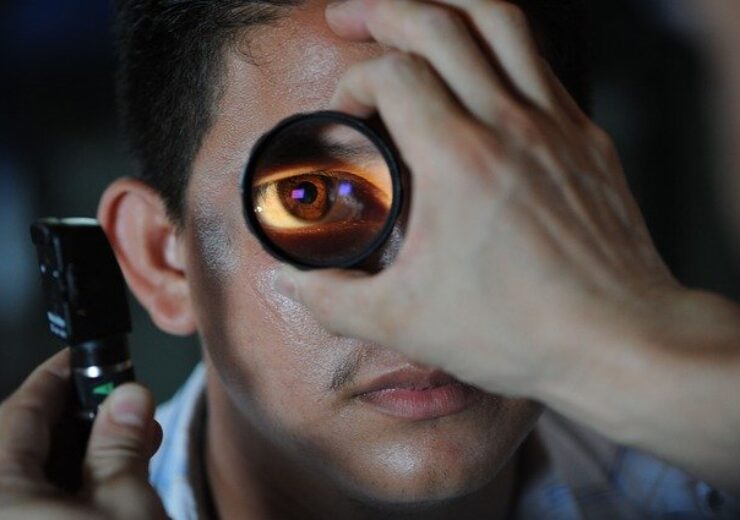Kubota Vision and TU Dublin will jointly conduct clinical studies using an engineering prototype of Kubota’s investigational myopia-control device

The clinical studies are planned to be conducted at the Centre for Eye Research Ireland (CERI). (Credit: David Mark from Pixabay.)
Kubota Vision, a clinical-stage ophthalmology company, has entered into research collaboration with Technological University Dublin (TU Dublin) for developing a wearable myopia-control device, based on its Kubota Glasses technology.
Under the terms of the collaboration, Kubota Vision and TU Dublin will jointly conduct clinical studies using an engineering prototype of Kubota’s investigational myopia-control device.
The clinical studies are planned to be conducted at the Centre for Eye Research Ireland (CERI), a dedicated ophthalmic research centre at the TU Dublin.
Kubota Vision said that the clinical studies will test the engineering prototype through measurement of transient changes in axial length and choroidal thickness, and using the biomarkers to refine retinal stimulation parameters.
Kubota Vision chairman, president and CEO Ryo Kubota said: “It is such an honor that Kubota Glasses technology attracts ophthalmology specialists from countries beyond Japan and the U.S.
“Through these collaborations with independent universities and institutes with the highest standards of practice, we are assured of obtaining high quality and reproducible scientific evidence and will continue to put forth our best efforts in development of a wearable myopia-control device.”
New wearable myopia-control device is based on Kubota Glasses technology
The company has conducted a clinical study in early 2020 with an electronic tabletop optical projection device, integrated with Kubota Glasses technology.
The study results showed that axial length decreases with the application of projected myopically-defocused images in the test eye compared to the control eye.
Kubota also completed a proof-of-concept (POC) clinical study of its wearable myopia-control device based on Kubota Glasses technology.
The study demonstrated that a wearable device has the potential to induce the same extent of changes in axial length, as observed with a benchtop device.
The clinical studies under the new collaboration will be led by Dublin Institute of Technology optometry and vision science professor James Loughman, as the principal investigator.
Also, University College Dublin (UCD) ophthalmology associate clinical professor and TU Dublin adjunct professor of vision science Ian Flitcroft will serve as co-investigator for the studies.
Flitcroft said: “We are delighted to be working with Kubota Vision to conduct clinical studies on the wearable device prototype at the CERI/TU Dublin. This device brings decades of animal research on the impact of retinal defocus on eye growth into the clinical arena.
“The most interesting aspect of this work is that rather than relying on passive optics, customisable patches of defocused light are projected on the retina. This provides complete separation of the optical correction of myopia and the stimulation of the peripheral retina in order to modulate eye growth.”
